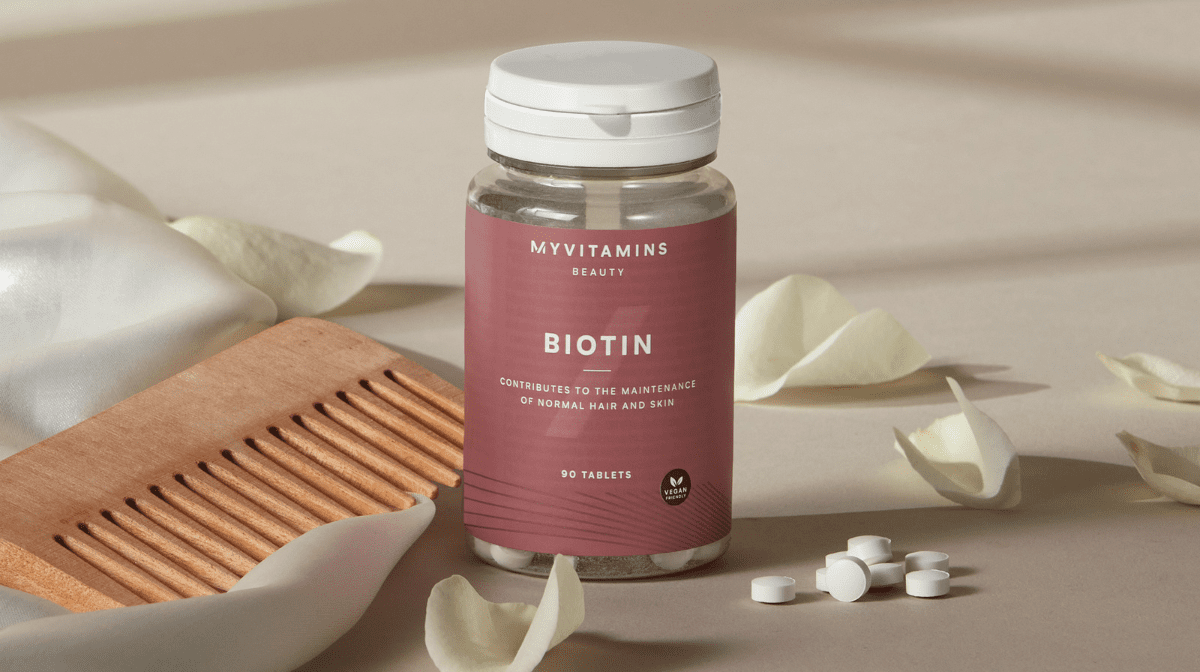Here at Myvitamins, we know that menopause is an important part of women’s health. We asked expert, Beth Addey, to answer frequently asked questions. Whether you’re struggling with weight-gain, getting a good night’s sleep or hot flashes, we’ve got you covered.
What is the difference between perimenopause, menopause and post-menopause?
Perimenopause is the first stage in the menopausal process. It can begin eight to ten years before menopause and is considered a transitional phase. This period of time is when the sex hormones fluctuate significantly, and we start to experience symptoms such as erratic menstrual cycles.
Menopause itself lasts approximately seven years, though can last up to fourteen. Over the following, four to five years is the postmenopause stage, where symptoms gradually decline. After 12 consecutive months without a menstrual cycle, you are considered to be in the postmenopausal stage.









